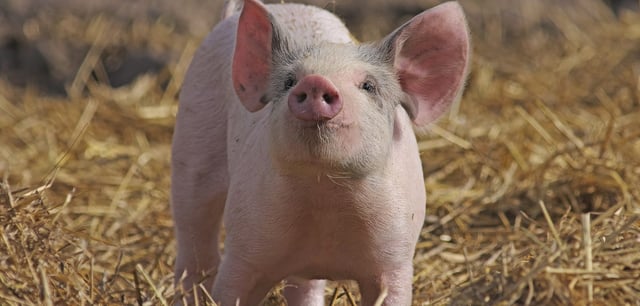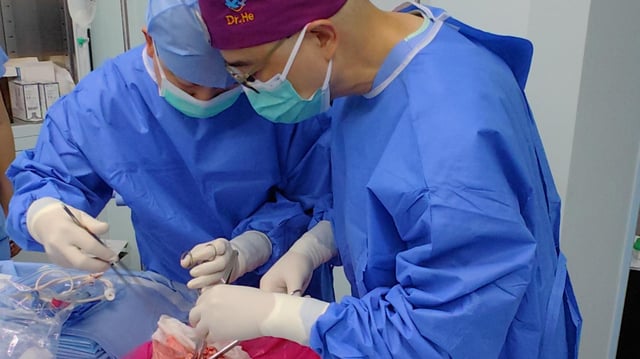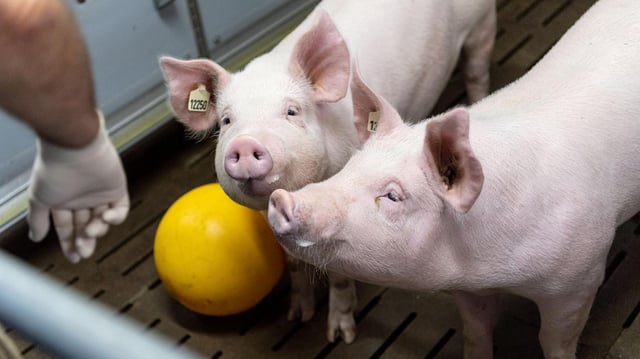Overview
- Chinese surgeons implanted a left lung from a genetically modified pig into a brain-dead 39-year-old man, with the family consenting and later requesting termination on day nine.
- The graft provided oxygen immediately, then developed severe pulmonary edema after 24 hours and showed antibody-mediated injury from day three with partial improvement reported by day nine.
- Researchers used six genome edits to curb rejection by knocking out GGTA1, B4GALNT2 and CMAH and adding human CD55, CD46 and thrombomodulin, alongside immunosuppressive therapy.
- Pathogen assays reported no active pig viruses or bacteria in the graft, though virology experts questioned the testing logic and urged more sensitive PCR methods.
- Specialists called the case a technical step for lung xenotransplantation yet stressed the lung’s unique vulnerability and the need for further preclinical work, additional edits, better preservation and refined immunosuppression before any clinical use.


